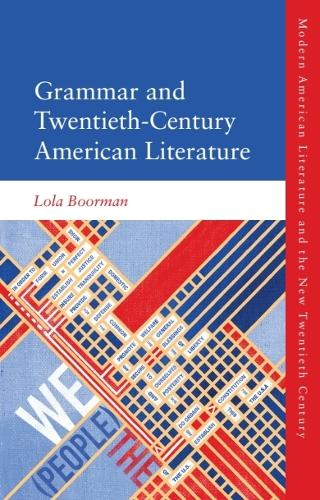
Grammar and Twentieth-Century American Literature
(Hardback)
Publishing Details
Grammar and Twentieth-Century American Literature
By (Author) Lola Boorman
Edinburgh University Press
Edinburgh University Press
10th March 2026
United Kingdom
Classifications
Professional and Scholarly
Non Fiction
Literary studies: c 1900 to c 2000
Literary studies: fiction, novelists and prose writers
Physical Properties
Hardback
288
Width 138mm, Height 216mm
Description
Taking Gertrude Stein, Zora Neale Hurston, Lydia Davis and David Foster Wallace as key case studies, Lola Boorman makes a series of compelling links between how American authors and intellectuals learned grammar through various, diverse institutional settings and how they use it in their work to directly address structures of power, authority, democracy, gender, race and class. Drawing on the shifting discourses and definitions of grammar in academic disciplines, literary and intellectual movements and para-literary networks including linguistics, anthropology, language philosophy, self-help grammar books and school pedagogy the book charts the invisible yet ubiquitous role that grammar has played in literature and literary criticism, and its embeddedness in systems of social and political power and conceptions of national identity.
